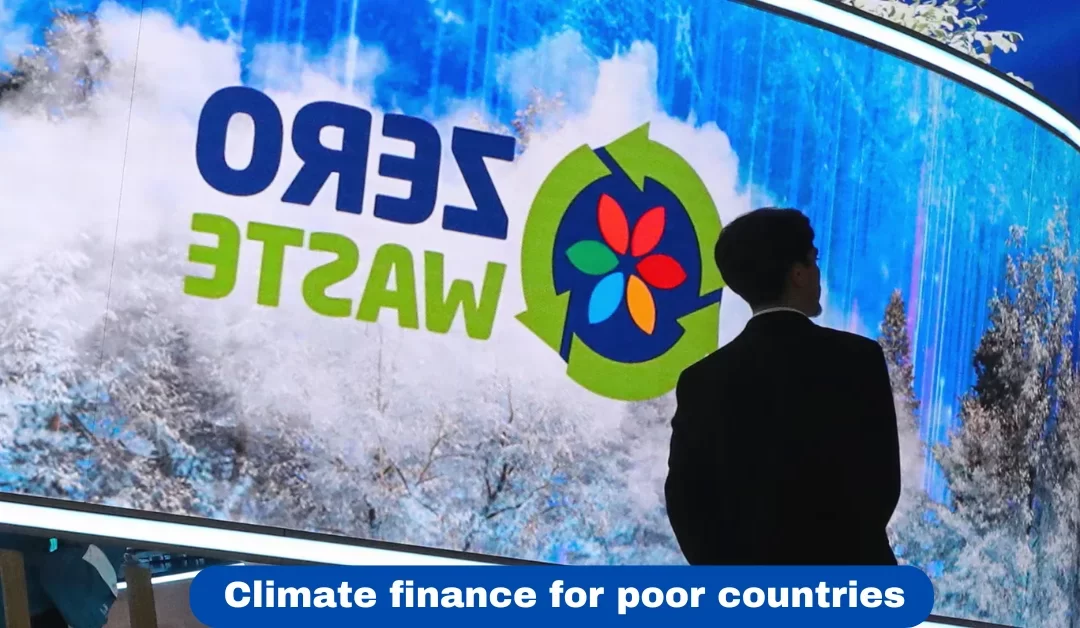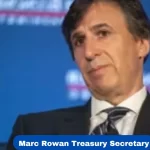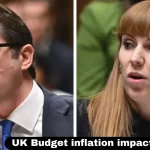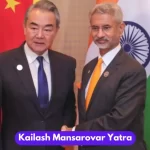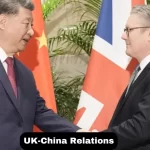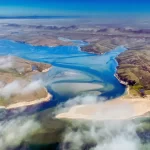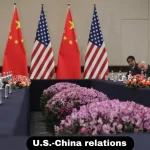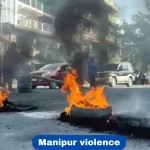A new report has revealed that poorer countries need $1 trillion each year by 2030 to help fight climate change. This money is needed to cut harmful emissions and deal with extreme weather. The report was done by the Independent High-Level Expert Group on Climate Finance, made up of top economists.
Key Points
- Need for Immediate Action: The report explains that waiting until 2035 to reach this funding level would be harmful to poorer nations. These countries face significant challenges and cannot wait longer to get the help they need. Economists, including Nicholas Stern, Vera Songwe, and Amar Bhattacharya, stressed that quick action is crucial. Delaying this funding makes it more expensive and harder to deal with the problems.
- Current Climate: Talks at Cop29 The report was released during the Cop29 climate summit in Azerbaijan, where nearly 200 countries are discussing how to raise enough climate finance. World leaders have left, and now ministers and officials are trying to agree on a new global plan for climate funding. One of the main debates at Cop29 is how much money rich countries should give and where it should come from.
- Sources of Funding: The report suggests that about half of the $1 trillion needed by 2030 could come from private investments. Another $250 billion could come from big development banks like the World Bank. The rest could come from a mix of direct grants from rich countries, financial resources from the International Monetary Fund (IMF), and new taxes, such as on shipping and air travel.
- Concerns About Private Funding: Mohamed Adow, a climate expert from Power Shift Africa, pointed out that while private money can help build new clean energy projects, it does not solve all the problems. Poorer communities need grants and public funds for adaptation and protection against climate disasters, which profit-driven private finance does not cover.
- The Role of Rich Countries: Under the Paris Agreement of 2015, wealthier nations promised to help poorer countries with climate finance. But at Cop29, there are still many disagreements. Rich countries agree they should provide money but prefer that a large portion come from private sources. They are also suggesting that countries with high emissions, like China, should contribute.
- Calls for Fair and Real Support: Harjeet Singh, a climate activist, warned that wealthy nations need to be more committed. Reports, including this one, show that without massive funding each year, the world will face even bigger problems. Singh argued that if the Cop29 talks do not result in a meaningful climate finance goal, everyone will suffer.
Recent Developments and Commitments
The World Bank and other big development banks have announced they will double their climate finance to $120 billion a year by 2030. Yalchin Rafiyev, a lead negotiator at Cop29, stated this was a positive move but said more needs to be done. Other public finance officials agreed, noting that while this step is helpful, it is not enough to meet the real needs of developing countries.
Why Is This Important?
Poorer countries are on the front lines of climate change. They experience the worst impacts of extreme weather, flooding, and droughts. To protect their people and adapt to these conditions, they need strong financial support. Without it, their challenges will grow, putting millions at risk.
What Happens If There Is No Agreement?
Experts stress that failure to reach a proper funding agreement at Cop29 would be a major setback. Climate disasters are already happening frequently, and without proper funding, the situation will get worse for everyone. The cost of ignoring these needs will only grow, making it harder and more expensive to solve climate problems in the future.
This is not just an expense; it is an investment in a safer, more sustainable world. Delaying action will only make things worse, both financially and environmentally.

